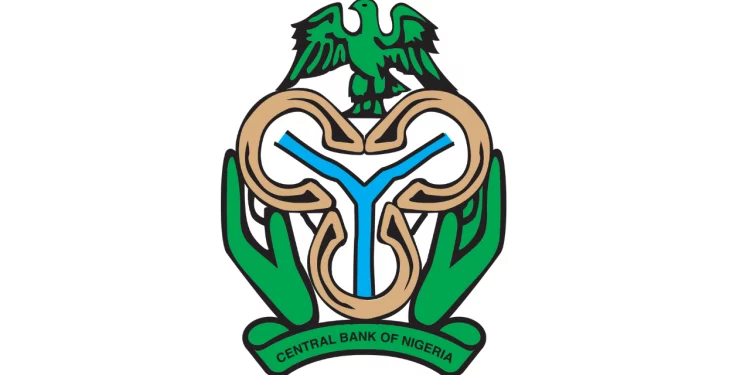The Central Bank of Nigeria (CBN) has formally announced the establishment of a dedicated Compliance Department, a move aimed at tightening regulatory effectiveness and streamlining supervisory functions across the financial sector.
In a circular signed by Olubunmi Ayodele-Oni, the apex bank disclosed that the department was created in the first quarter of 2025 and assumed full operational responsibilities in the second quarter of the year.
The development is part of the CBN’s broader structural reform agenda designed to consolidate oversight functions, clarify institutional roles, and ensure a sharper focus on supervising non-prudential and emerging risks that are increasingly shaping Nigeria’s financial landscape.
Key Areas of Oversight
The new Compliance Department will serve as the focal point for regulatory monitoring in four critical domains:
Financial Crime Supervision — covering Anti-Money Laundering (AML), Counter Financing of Terrorism (CFT), Counter-Proliferation Financing (CPF), and sanctions compliance.
Market Conduct Supervision — focusing on fair disclosure practices, consumer complaints management, and advertising standards
Enterprise Security Supervision — including cybersecurity, data protection, and third-party/vendor risk management.
Corporate Governance and ESG Supervision — overseeing board effectiveness as well as environmental, social, and governance standards.
The CBN directed all regulated financial institutions to channel reports, correspondence, and inquiries related to these areas directly to the Director of the Compliance Department, in line with established communication protocols. Institutions will also receive further guidance on designated contact points and submission procedures.
“The establishment of the Compliance Department is a strategic move to embed regulatory discipline and ensure robust oversight of non-prudential risks,” the circular stated.
The apex bank reiterated its commitment to work collaboratively with financial institutions to ensure a smooth transition and uphold the highest standards of regulatory compliance.
The creation of the Compliance Department comes against the backdrop of escalating fraud cases in Nigeria’s financial system.
In July, CBN Governor Olayemi Cardoso raised concerns over a 45% surge in financial fraud cases within one year, with 70% of the losses linked to digital channels, particularly unregulated virtual asset platforms.
Cardoso, represented by Muhammad Sani Abdullahi, Deputy Governor for Economic Policy, at a public lecture organised by the Economic and Financial Crimes Commission (EFCC), said findings from the CBN Financial Stability Report 2024 revealed a sharp increase in fraud-related risks.
While acknowledging that digital innovation has deepened financial inclusion, Cardoso warned that it has also introduced complex regulatory and security challenges requiring new layers of oversight.
What You Should Know
The CBN recently mandated all participants in Nigeria’s payment ecosystem—including Deposit Money Banks (DMBs), Microfinance Banks (MFBs), Mobile Money Operators (MMOs), Switching and Processing Companies, PTSPs, PSSPs, and Super Agents—to complete migration to the ISO 20022 payments messaging standard and implement mandatory geo-tagging of payment terminals by October 31, 2025.
ISO 20022 is the global benchmark for payments messaging, and its adoption is expected to standardize Nigeria’s payments infrastructure, boost transparency, and enhance fraud detection across digital platforms.
The new Compliance Department is expected to play a pivotal role in coordinating these reforms, strengthening Nigeria’s resilience against financial crime, and positioning the country’s financial system for greater trust, stability, and international alignment.










